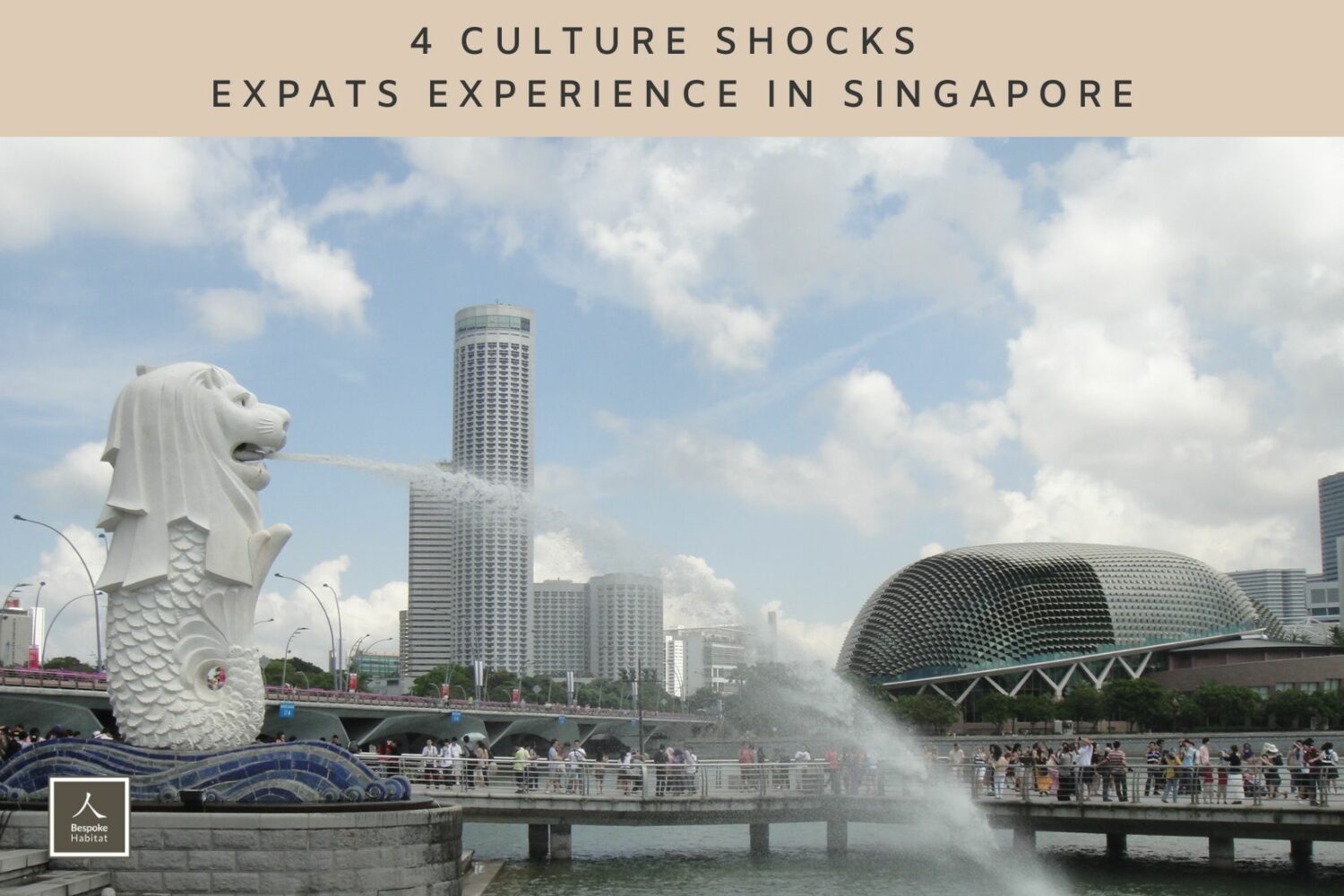
When expats move to Singapore, they’re bound to experience some culture shocks one way or another. This is a common experience for anybody moving to a new country.
Singapore is a melting pot of cultures, traditions and customs. As a cosmopolitan city, many people of different ethnicities and nationalities come here to work and play. If you’re planning to move to Singapore as an expat to work, here are some culture shocks you may encounter.
1. Strong work ethic
Singapore’s work culture places a huge emphasis on productivity and dedication to one’s job. Work expectations can be demanding, and some expats may find themselves working longer hours than their used to in their home countries. Balancing work and personal life can sometimes be tricky.
While companies in other countries may ban work-related communication outside of office hours, you may find that sending work-related emails or messages after office hours in Singapore is quite normal. You may also find people working beyond official working hours, especially if there are impending deadlines for projects or if there is too much work to do.
2. Strict rules
Singapore enforces strict rules and regulations on its residents. You can’t indulge in unruly behaviour in public without suffering the consequences. The city is tough on crime and drugs. As a result, it’s mostly safe to walk around late at night without worrying that you can get robbed. This strong enforcement allows residents enjoy a clean city, orderliness and a relatively low crime rate. It is a great city to bring up families.
Understanding and respecting local rules is crucial for expats. While the strict regulations contribute to Singapore’s well-maintained environment, newcomers will have to familiarise themselves with the do’s and don’ts.
3. High cost of living
The high cost of living can turn out to be a significant shock for expats. In particular, owning a car can be exorbitant as the Certificate of Entitlement adds significantly to the price tag of a car. With limited land space, housing can also be expensive. Take care to budget and plan carefully for the high costs associated with housing and vehicle ownership.
Expats who are used to living in large homes in their home countries may find that they may have to get used to living in smaller high-rise apartments. They could, alternatively, consider renting a co-living unit. Similarly, those who are used to driving in their home countries may have to get used to taking public transport, which is a more cost-effective option and a practical choice for many newcomers in Singapore.
4. Singlish
Singlish can be a linguistic culture shock for expats. With a mix of English, Mandarin, Malay, and other dialects such as Cantonese, Hokkien and Teochew, Singlish is a mish mash of colloqualisims and expressions unique to Singapore. You may hear locals ending sentences with “lah”, “leh”, “mah” and shortening sentences significantly. It may take newcomers some time to understand Singlish.
Don’t be surprised if locals code switch as well. They may use proper or standard English when conducting formal meetings at work, doing presentations or when speaking to expats. But amongst themselves, it’s probably more comfortable to speak in Singlish.
Conclusion
While these culture shocks may be surprising at first, expats will usually come round to appreciate the unique aspects of living in Singapore. Be prepared to be open minded and adapt to a different way of life here.

